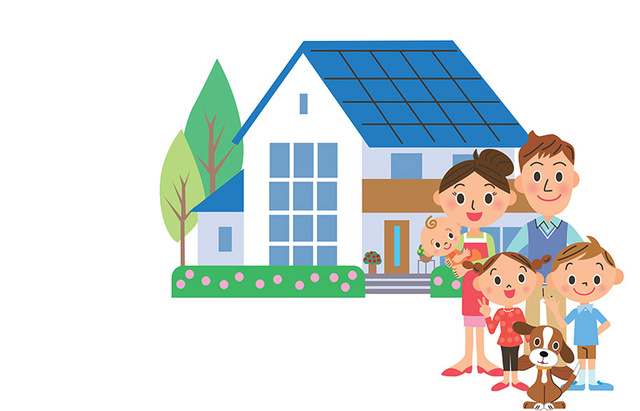
Como en español, la voz pasiva se forma con el verbo ‘to be’ (ser) y el participio pasado:
They made this car in 1963. (active) —> This car was made in 1963. (passive)
*El sujeto de un verbo en pasiva corresponde al objeto de un verbo en activa:
Spanish is spoken in Argentina —> PASIVA (sujeto)
Argentinians speak Spanish —> ACTIVA (objeto)
Estudia la siguiente lista de las formas del verbo en pasiva. (pp = participio pasado)
PRESENT SIMPLE
am/are/is + pp Spanish is spoken here.
PRESENT CONTINUOUS
am/are/is being + pp Your questions are being answered.
FUTURE (WILL)
will be + pp It’ll be painted by next week.
FUTURE (GOING TO)
am/are/is going to be + pp Terry is going to be made redundant next year.
PAST SIMPLE
was/were + pp We were invited to the party, but we didn’t go.
PAST CONTINUOUS
was/were being + pp The hotel room was being cleaned when we got back from shopping.
PRESENT PERFECT
have/has been + pp The President of America has been shot.
PAST PERFECT
had been + pp When he got home he found that all of his money had been stolen.
FUTURE PERFECT
will have been + pp Our baby will have been born before Christmas.
*En las formas del ‘future progressive’ (will be being + pp) y ‘perfect progressive’ (has been being + pp) no es muy común su uso.
*Para decir quién hacía la acción o qué la causaba, usa ‘by’.
This house was built by my mother. / Esta casa fue construida por mi madre.
Washington was bombed by Pakistan. / Washington fue bombardeado por Pakistán.
*La voz pasiva se suele utilizar cuando se desconoce o no interesa mencionar quién o qué hace la acción.
Es más normal encontrar en español formas con ‘se’, por ejemplo: ‘se habla’, ‘se alquila’ o verbos en plural como ‘venden’, ‘compran’.
German is spoken here / Aquí se habla alemán
When was this house built? / ¿Cuando se construyó ( fue construida) ésta casa?
A lot of songs have been written about love / Se han escrito muchas canciones sobre el amor